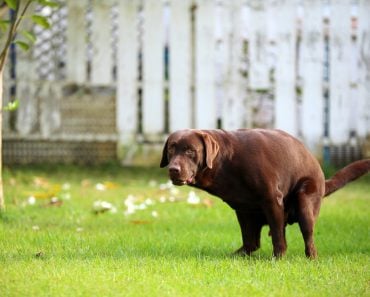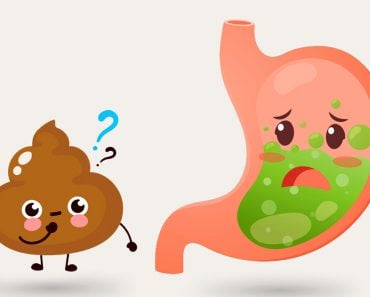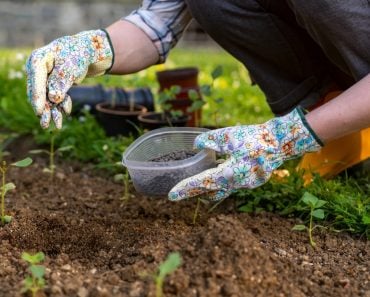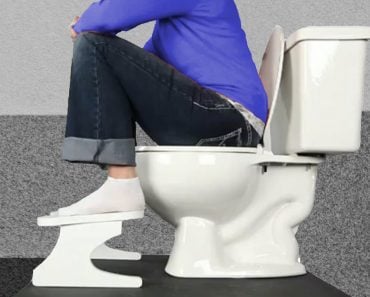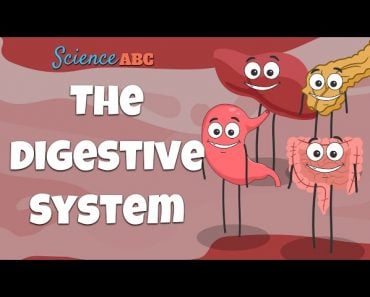Table of Contents (click to expand)
Poop disgusts us because it is a reminder of the potential diseases that it can carry. Additionally, the smell of poop is incredibly unpleasant and can cause nausea.
As part of game night at a party, you are given a box with an object that you have to identify solely using touch and smell. You’re blindfolded and told to put your hand in the box. It feels squishy, soft yet crumbly, sticky, smelly, and although it’s only a mixture of sour cream and breadcrumbs, you jump out of your chair because it feels so much like poop!
Not to say that we should touch poop in order to accurately understand its texture, but our brain has a strong idea of what it might feel like to touch poop, and we all keep away from anything that smells even remotely of feces! Animal poop, our poop, squishy poop, solid poop, yellow poop… being disgusted by poop is almost universal, and there’s a very good reason why we feel this disgust.

Recommended Video for you:
How Do We Produce Stool And What Is Its Composition?
The food we eat in order to survive passes through our digestive system. As food passes through the digestive system, the small intestine absorbs about 90 percent of the water content and sucks in the nutrients that our body needs from the food we just consumed. What remains is the indigestible content of food, which makes its way through the large intestine, where the undigested food truly turns into poop.
The large intestine mainly absorbs the remaining water from the undigested food, though bacteria within the large intestine perform a little more digestion. At the end, we have a solidified mass of stool.
This stool generally has three components in varying percentages – water, bacteria, and undigested dietary fiber. Stool is approximately 75% water, while the solid matter is composed of 25-54% live, dead, harmless and pathogenic bacteria, as well as undigested fiber.
Why Does Poop Smell?

The most disgusting aspect of poop is the smell. Poop releases a host of volatile gases as a result of the microbial activity in our gut. The most common gases are carbon dioxide, oxygen, hydrogen, and methane, but the main culprits for the infamous stink are indole and skatole. These are formed due to intestinal bacteria acting on the amino acid tryptophan, which is present in most diets.
Among these volatile compounds, skatole has a strong odor and makes us cringe more upon inhaling it.
Why Do We Feel Disgust?
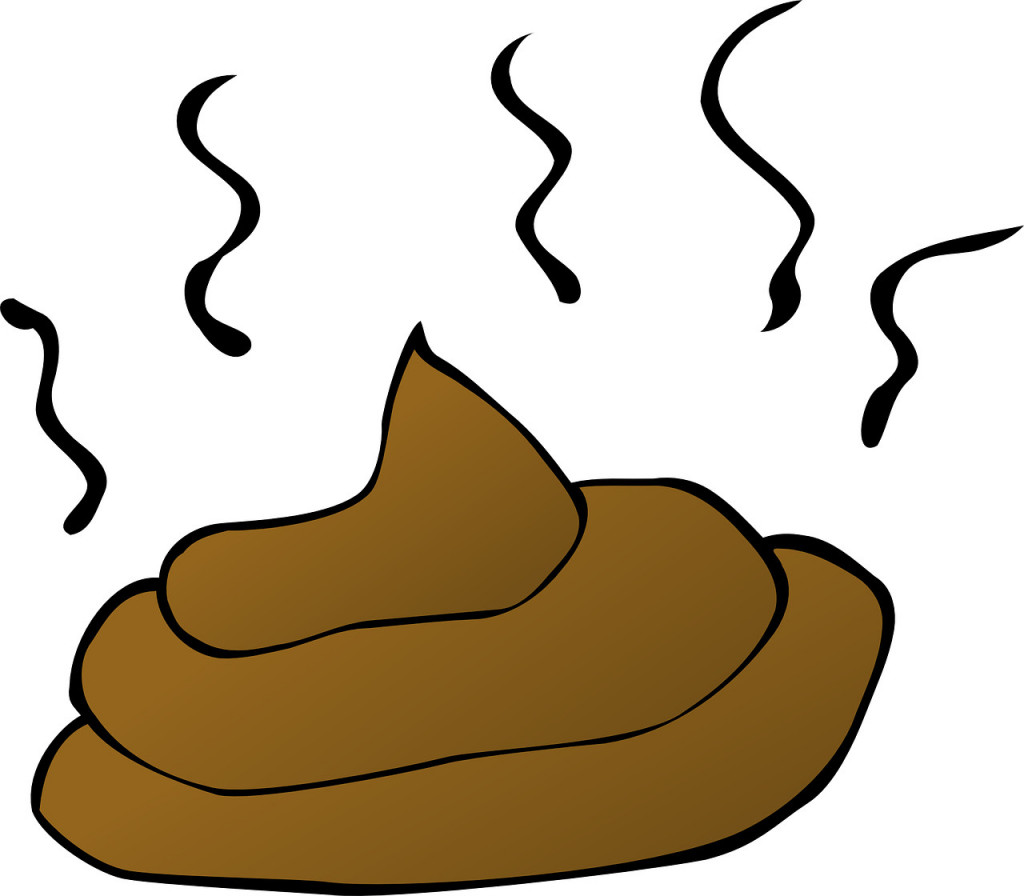
The bacteria in our poop can cause some terrible diseases, such as cholera, food poisoning, and diarrhea. Apart from the natural defense barriers of our body, such as our skin and our sophisticated immune system, we also have a behavioral immune system that prevents us from getting too close to things that could be infectious, such as fecal matter.
“Disgust” is a part of this system and is a basic emotion observed in many species. Most bodily secretions pose the risk of infecting us with disease; disgust is considered to be a disease-avoidance mechanism or a hygiene-provoking emotion.
As evolution and natural selection would have it, those animals and species that managed to stay away from pathogens survived and evolved. In humans, disgust happens involuntarily, without any conscious decision to “feel disgusted” . Therefore, when encountered by disgust elicitors like poop – it led to more hygienic practices and the avoidance of disease.
Disease avoidance behavior is not unique to humans—even lobsters stay away from other sick lobsters!
Did We Learn To Feel Disgusted?
Disgust as an emotion has intrigued many scientists and various brain studies have revealed that when faced with a disgust-generating stimulus, significant brain activity is noted in the anterior insula and amygdala regions of our brain.
It’s almost like we’re hardwired to feel disgusted at our feces due to the risk it poses to our well-being, owing to its volatile composition. See the full picture now?
Poop – its composition (disease-causing bacteria amongst other things), stench, and our own universal “yuck” response… it’s all a part of a disease avoidance tactic.
A Final Word
Disgust is a strong universal emotion, but it occurs in varying intensities. We all feel disgusted, at times, but some things may gross you out more than others. Also, in some cases, you may be able to tolerate something that another person finds disgusting. The mother of an infant isn’t nearly as disgusted by her child’s poop as she would be towards a pile of poop on the street. In such a situation, the mother’s feeling of disgust for her child’s poop is actually down-regulated.
Similarly, the fact that we’re more disgusted at the sight of someone else’s poop than our own is because of the awareness that someone else’s poop brings with it novel pathogens; that subconscious awareness makes us shudder more than witnessing our own “creation” in the washroom!
We eat, we poop, we repeat and thankfully poop is a disgust elicitor, so we generally stay away from it and all the disease-causing organisms it harbors. Poop disgust, in short, is a blessing in disguise. Thankfully, our wonderful digestive system and behavioral immune system work hard to keep us alive and safe!
References (click to expand)
- kasırga, . erhun . (2019). Çocuklarda Gastrointestinal Hastalıkların Tanı Ve Takibinde Dışkı İncelemelerinin Yeri. Türk Pediatri Arşivi. AVES Publishing Co.
- (2021) Physiology, Large Intestine - StatPearls - NCBI Bookshelf. The National Center for Biotechnology Information
- Vandeputte, D., Falony, G., Vieira-Silva, S., Tito, R. Y., Joossens, M., & Raes, J. (2015, June 11). Stool consistency is strongly associated with gut microbiota richness and composition, enterotypes and bacterial growth rates. Gut. BMJ.
- Rose, C., Parker, A., Jefferson, B., & Cartmell, E. (2015, February 25). The Characterization of Feces and Urine: A Review of the Literature to Inform Advanced Treatment Technology. Critical Reviews in Environmental Science and Technology. Informa UK Limited.
- Chan, D. K. (2016). Diagnosing gastrointestinal illnesses using fecal headspace volatile organic compounds. World Journal of Gastroenterology. Baishideng Publishing Group Inc.
- Berstad, A., Raa, J., & Valeur, J. (2015, August 14). Indole – the scent of a healthy ‘inner soil’. Microbial Ecology in Health & Disease. Co-Action Publishing.
- Mogilnicka, I., Bogucki, P., & Ufnal, M. (2020, April 20). Microbiota and Malodor—Etiology and Management. International Journal of Molecular Sciences. MDPI AG.
- Curtis, V., de Barra, M., & Aunger, R. (2011, February 12). Disgust as an adaptive system for disease avoidance behaviour. Philosophical Transactions of the Royal Society B: Biological Sciences. The Royal Society.
- Curtis, V. A. (2007). A Natural History of Hygiene. Canadian Journal of Infectious Diseases and Medical Microbiology. Hindawi Limited.

